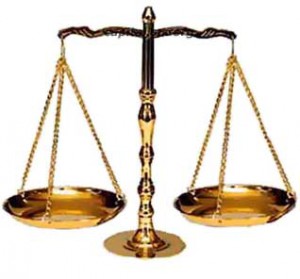
The central questions in the 2016 election are not the ones you hear about from the media and most candidates. There is one question that is constantly asked, and another that is seldom asked, but far more important.
The constant question is “What’s popular?”
This is the driving question in politics. Elections have consequences, and popularity is key to winning elections. The pressure is to do everything based on popularity. Tell people what they want to hear. Promise the moon. Ease the pain today. Worry about tomorrow after the election.
Smart, responsible voters know better. Easy answers are often wrong. Short cuts are often dead ends. The real question is: “What’s right?”
It is popular to extend unemployment benefits to miners in northern Minnesota, but is it right? Why should these workers get an extension of benefits, when other workers do not? What other industries and regions will demand similar special treatment? Many workers have moved away from the iron range, and taken other jobs. Should the taxpayers who took the hit, and found new jobs be forced to subsidize those who didn’t?
These are unpopular questions, but questions that need to be asked. We are not asking for voluntary donations to help those in need. We are forcing taxpayers to help certain workers in certain areas. Some of those taxpayers are in more need than the ones getting benefits. Is that good public policy? Is it right?
Real leaders don’t find popular positions and take political advantage of them. They make the case to voters to do what’s right. They knit together the reasons for their positions and policies, and explain them to voters. They stand on principle, not popularity. These leaders give us policy that we can stand behind. It may not be popular, but it’s the right thing to do.

